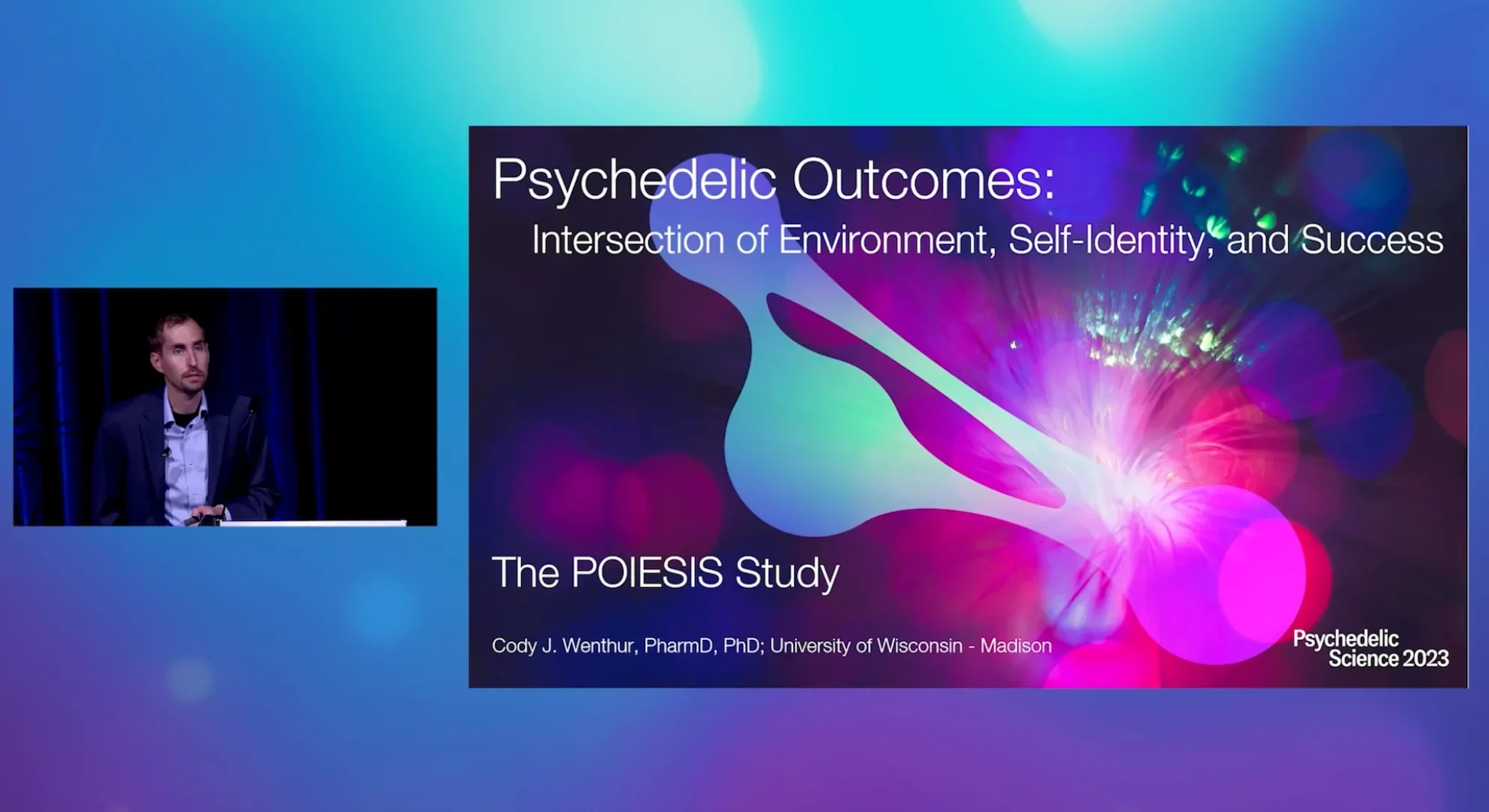
Psychedelic Outcomes: Intersection of Environment, Self-Identity, and Success ( The POIESIS Study)
The POIESIS study aims, in part, to understand how perceptions of a psychedelic study environment are modified by reported connectivity to racial/ethnic, gender, age, and spiritual/religious dimensions of self-identity. In one major part of this study, a 5 x 15 item VAS battery measures the reported preference for discrete elements of the physical environment of the UW-Madison psychedelic dosing space, as well as the perceived connection between these objects and the four dimensions of self-identity listed above.
From a sample of n=139 participants to date, overall reported object preference (66.05+/-0.51) was found to be significantly higher than chance (p<0.0001). Perceived connection of the dosing environment to spiritual/religious identity was found to be the highest (p<0.0001), while connection to racial/ethnic self-identity was the lowest (p=0.0093). Connection to spiritual/religious self-identity was also found to have the strongest Spearman's correlation with reported object preference (r=0.59), while connection to racial/ethnic self-identity had the lowest correlation (r=0.11).
These results indicate that discrete dimensions of self-identity are being differentially engaged in a psychedelic dosing environment. Ongoing efforts include determination of whether culturally-adaptive art selection protocols can enhance connectivity with less-engaged dimensions, and improve recruitment, retention, and outcomes for participants from populations underrepresented in psychedelic clinical trials.
Share: Psychedelic Outcomes: Intersection of Environment, Self-Identity, and Success ( The POIESIS Study)
Facebook
Twitter
LinkedIn
Email




